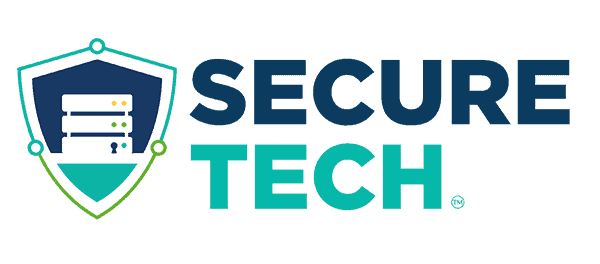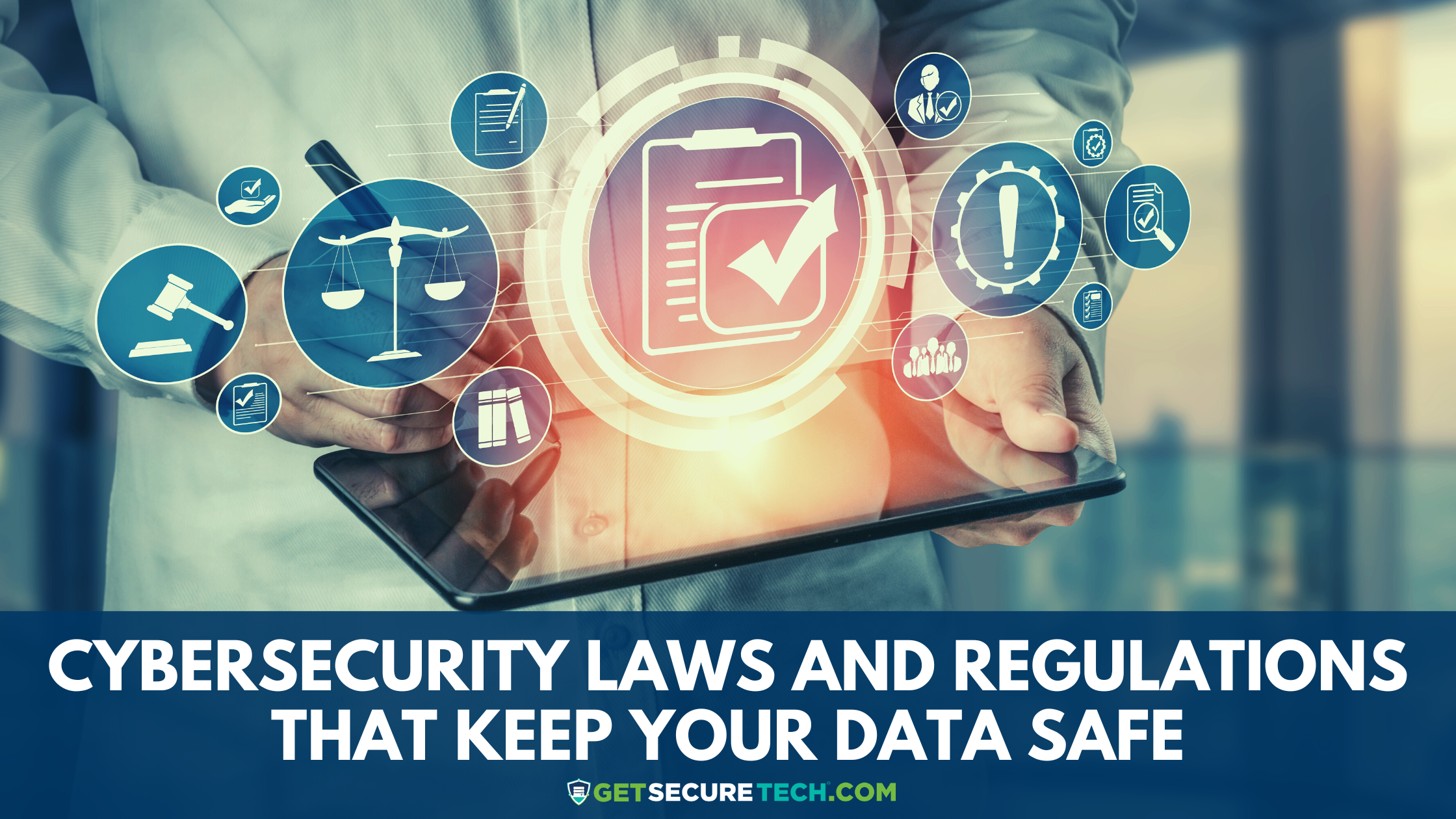Cyber threats are becoming complex and frequent these days. Consequently, cybersecurity services have become a huge help in protecting businesses and individuals from cybersecurity attacks. To ensure your business and data remain protected, MSPs must comply with a variety of cybersecurity laws and regulations.
In this article, we will discuss cybersecurity laws and regulations that service providers must follow to ensure that your network is safe against cyber threats.
Cybersecurity Laws and Regulations with which MSPs Comply
Make sure your service provider can provide you with the utmost network security by verifying they are compliant with these 4 primary cybersecurity laws and regulations.
1. General Data Protection Regulation (GDPR)
One of the primary regulations that MSPs must comply with is the General Data Protection and Regulation or GDPR. It is a regulation set forth by the European Union which serves as a guideline for how companies handle and protect personal data. It is a must for any company which handles the personal data of individuals within the European Union.
GDPR imposes regulations that cater to the following:
- Implementation of appropriate technical and organizational measures ensuring the security of data protection
- Notification to individuals and regulatory authorities in the event of a data breach
2. Health Insurance Portability and Accountability Act (HIPAA)
Another important regulation concerns healthcare providers and other businesses closely related to the healthcare industry. This is the HIPAA or the Health Insurance Portability and Accountability Act.
In the United States, cybersecurity services that work with healthcare providers must comply with HIPAA regulations and implement appropriate measures to protect protected health information (PHI).
3. Other cybersecurity laws and regulations
Aside from the two primary regulations mentioned above, cybersecurity services must also comply with a variety of industry-specific regulations and other national and international laws related to cybersecurity.
Some of these cybersecurity laws and regulations include the following:
- Payment Card Industry Data Security Standard (PCI DSS)
PCI DSS is a very important regulation for businesses because it concerns data protection and management relative to the payment card industry. It sets out guidelines to ensure that payment card data is kept safe and secure.
- Cybersecurity Information Sharing Act (CISA)
CISA is a law in the United States which encourages the sharing of cybersecurity threat information between the private sector and the federal government. Each MSP must ensure that they are sharing threat information appropriately according to the CISA guidelines.
4. National Institute of Standards and Technology (NIST)
The National Institute of Standards and Technology (NIST) provides a cybersecurity framework. This framework sets out guidelines for how organizations can improve their cybersecurity posture. Compliance with the NIST Cybersecurity Framework shows that a service provider is implementing the best practices for cybersecurity.
To provide the highest protection against threats, service providers must comply with a variety of cybersecurity laws and regulations and keep their employees up-to-date with the latest threats and vulnerabilities through education and training. If your service provider is compliant with these laws and regulations, then, you are definitely in good hands!

